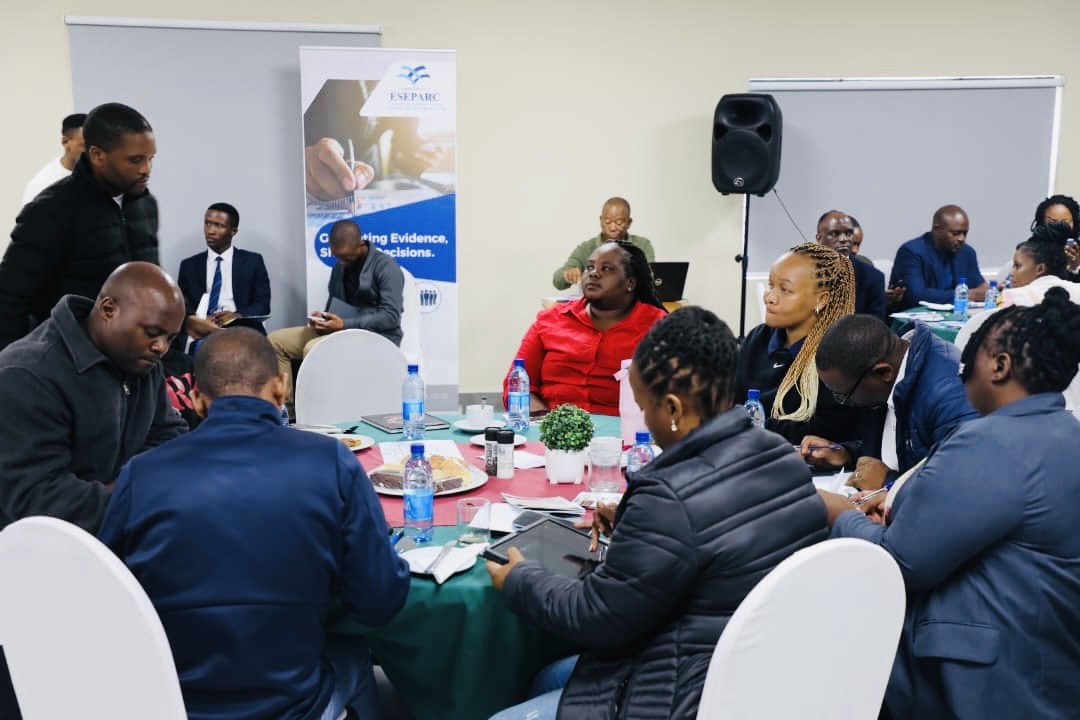MBABANE: The Eswatini Higher Education Council(ESHEC) will soon launch the National Labour Market Skills Project (NLMSP) Report on March 27, 2025, at the Royal Villas in Ezulwini.
The project was conducted in collaboration with the Eswatini Economic Policy Analysis and Research Centre (ESEPARC) and the Taiwan Technical Mission (ICDF), it outlines critical skill shortages and forecasts workforce trends to 2033 and beyond.
At a pre-launch validation workshop, stakeholders from government, industry, and higher education institutions confirmed the urgent need to align primary, secondary, high school, and tertiary education with evolving job market demands.
Key findings indicate rising demand for science, engineering, IT, and creative/social sciences, while education sector jobs are expected to decline.
The study highlights Eswatini’s high skills mismatch rate, with youth unemployment at 48.7% despite recent improvements.
Industries such as agriculture, tourism, ICT, and manufacturing face severe skill shortages, particularly in automation, robotics, blockchain, and e-commerce.
ESHEC CEO Dr. Loretta Mkhonta stressed the importance of cross-sector collaboration.
Dr Mkhonta added that the report highlights the need for cross-sector collaboration to drive sustainable growth.
It emphasises aligning primary, secondary, high school, and tertiary education with industry trends to equip graduates with relevant skills for a seamless transition into the workforce.
“Additionally, it integrates government economic plans, projecting the skills needed for key national projects. By fostering synergy between education, industry, and policy, this strategic approach supports economic growth and strengthens the country’s capacity to meet emerging industry demands,” Dr Mkhonta said.
Dr Thabo Sacolo, the executive director of ESEPARC, said the organisation conducted the skills anticipation survey and developed the predictive model, which forecasts employment trends from 2025 to 2052, with some projections extending to 2033.
The model also identifies potential unemployment trends in declining industries, offering valuable insights for workforce planning.
Dr Sacolo highlighted that this study builds upon the 2022 Skills Audit, which lacked numerical data and extensive forecasting.
Unlike its predecessor, the NLMSP provides a detailed prediction of future skills demand, identifies gaps and shortages, and offers a clearer roadmap for aligning workforce development with economic needs.
Mazambane Dlamini, speaking on behalf of the Taiwan Technical Mission, underscored the study’s significance to the Technical and Vocational Skills Certification Enhancements Project.
“This study is a game-changer for us—it is our lifeline. The recommendations serve as a strategic guide for our future projects, helping us and the government demonstrate to funders that there is still immense potential for growth in Eswatini’s TVET sector. It provides clear evidence of where skills development is needed most and strengthens our case for continued investment,” Dlamini said.
A key recommendation is expanding STEM and vocational training, reskilling programs, and entrepreneurship support to drive economic growth.
Highlights include the growing importance of soft skills alongside technical expertise.
Communication, problem-solving, adaptability, and teamwork are just as crucial as industry-specific skills.
Many sectors, including tourism, retail, and finance, struggle to find candidates with strong customer service and leadership abilities, essential for business success.
Agriculture and agro-processing lack specialists, mining and energy suffer from a shortage of training institutions, and manufacturing lags in automation and robotics.
“Tourism needs better customer service skills, ICT qualifications often miss industry standards, and retail and wholesale require expertise in complex machinery and e-commerce.Finance and insurance demand blockchain and fintech skills, while construction remains reliant on vocational training, limiting modern engineering adoption.Despite some progress in graduate employment, the unemployment rate remains high at 38%, with many graduates waiting over three years for jobs due to competition, slow job growth, and skills mismatches”.
With the full report set for release on 27th March 2025, stakeholders hope it will be the blueprint for building a future-ready workforce in Eswatini.

Eswatini Higher Education Council(ESHEC) to launch National Labour Market Skills Project Report, relevance and need for possible improvements of education system assessed(pic: supplied).
